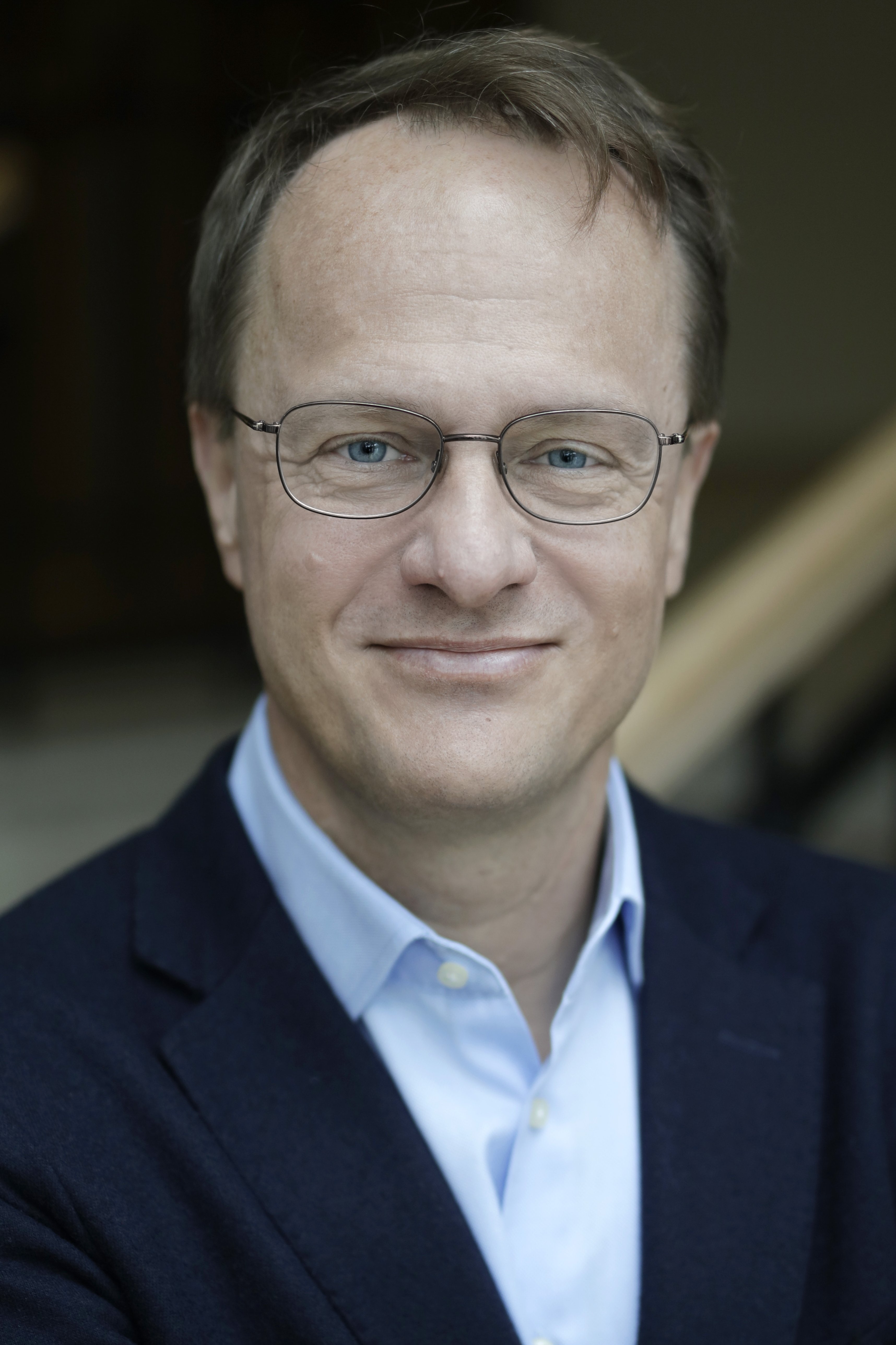
(Vienna, 13 February 2024) Markus Hengstschläger. Head of the Center for Pathobiochemistry and Genetics at the Medical University of Vienna, is the new President of the Austrian Society for Stem Cell Research (ASSCR). Its main objectives are to promote national and international networking among stem cell researchers in Austria, to support young scientists, to communicate the importance of this field of research for medicine and to promote ethical discourse.
Other members of the society's board and founding team are Jürgen Knoblich (IMBA, Institute of Molecular Biotechnology and MedUni Vienna), Elly Tanaka (IMP, Research Institute of Molecular Pathology) Dirk Strunk and Johann Bauer (both Paracelsus Medical University Salzburg), Peter Valent (Medical University of Vienna), Frank Edenhofer (University of Innsbruck) and Georg Dechant (Medical University of Innsbruck).
In science, 2023 was characterized by a series of new findings in the field of stem cell research. Advances in the development of embryoids (embryo-like structures) from stem cells provide completely new insights into the regulation of human embryogenesis. This is of such great importance because the reasons why many embryos are unable to trigger a pregnancy or lead to miscarriages are not yet understood and also because many human diseases originate at this early stage. In addition to the already established organoids (the smallest models of organs developed from stem cells) for the brain, skin, liver, intestines, etc., new models, e.g. for the heart, were added last year, all of which can be used to better understand the development of corresponding diseases and to develop new therapies. Eggs and sperm produced from pluripotent stem cells developed from skin cells could one day give new hope to couples with an unfulfilled desire to have children. And the first gene therapies based on the CRISPR/Cas9 gene scissors, which will be approved in 2023, would also be unthinkable without years of prior basic science in the field of stem cell research. In these gene therapies for the monogenic diseases sickle cell anemia and beta-thalassemia, blood stem cells are removed from patients, edited in the laboratory and then returned to the body by infusion.
"There are scientists in Austria who are working very successfully in various areas of stem cell research," says Hengstschläger, "We want to network them better in order to further strengthen this branch of research."
Polarizing headlines such as "Synthetic embryo created - without fertilization" (regarding new research results on embryo models) or "Researchers have created mouse babies with two fathers" (regarding research results in the field of stem cell-based egg cells and sperm) once again show how important science communication is in this field of research. However, they also illustrate the high relevance of an ongoing ethical discourse in this field. "We want to take into account both the enormous scientific developments and the importance of the ethical discussion at our society's conference on June 20, 2024 in Vienna," says Hengstschläger.
About the person
Prof. Dr. Markus Hengstschläger is Head of the Institute of Medical Genetics and Head of the Center for Pathobiochemistry and Genetics at the Medical University of Vienna. Among other things, he is Deputy Chairman of the Austrian Bioethics Commission, Chairman of the Supervisory Board of the Society for Research Promotion in Lower Austria, a member of the Board of Trustees of the Vienna Science, Research and Technology Fund and founder and director of the "Impact Lech" symposium.